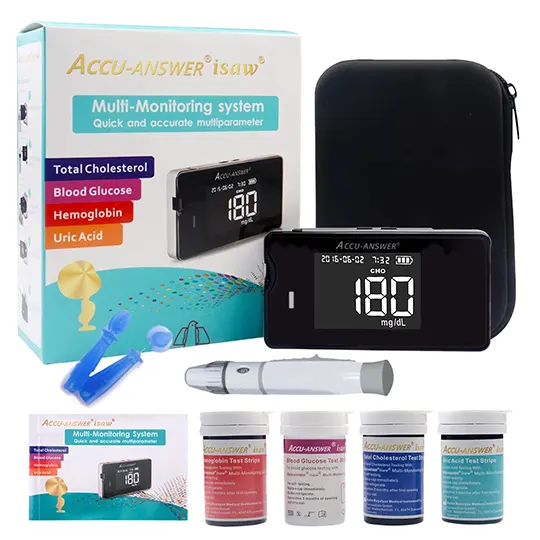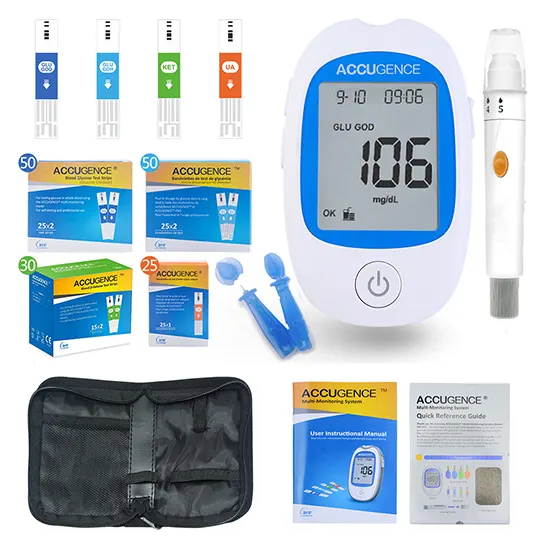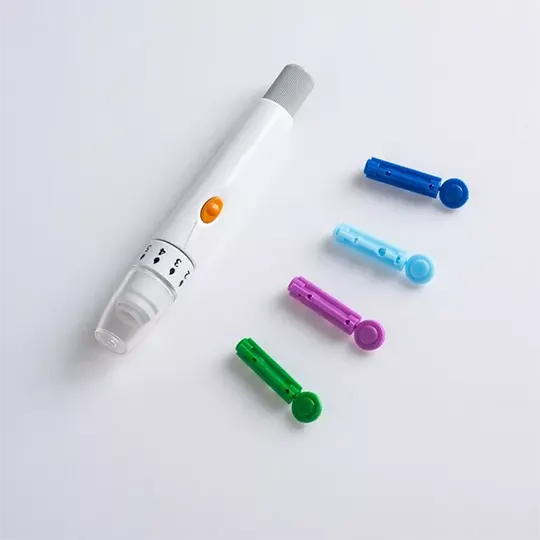Naftidrofuryl 100 mg Capsules BP
Active ingredient: naftidrofuryl oxalate
- 1. Name of the medicinal product
- 2. Qualitative and quantitative composition
- 3. Pharmaceutical form
- 4. Clinical particulars
- 4.1 Therapeutic indications
- 4.2 Posology and method of administration
- 4.3 Contraindications
- 4.4 Special warnings and precautions for use
- 4.5 Interaction with other medicinal products and other forms of interaction
- 4.6 Pregnancy and lactation
- 4.7 Effects on ability to drive and use machines
- 4.8 Undesirable effects
- 4.9 Overdose
- 5. Pharmacological properties
- 5.1 Pharmacodynamic properties
- 5.2 Pharmacokinetic properties
- 5.3 Preclinical safety data
- 6. Pharmaceutical particulars
- 6.1 List of excipients
- 6.2 Incompatibilities
- 6.3 Shelf life
- 6.4 Special precautions for storage
- 6.5 Nature and contents of container
- 6.6 Special precautions for disposal and other handling
- 7. Marketing authorisation holder
- 8. Marketing authorisation number(s)
- 9. Date of first authorisation/renewal of the authorisation
- 10. Date of revision of the text
1. Name of the medicinal product
NAFTIDROFURYL CAPSULES BP 100mg
2. Qualitative and quantitative composition
Each hard gelatin capsule contains 100mg Naftidrofuryl oxalate PhEur.
Excipients with known effect
Each capsule contains 0.33mg of sodium.
For the full list of excipients, see section 6.1.
3. Pharmaceutical form
Pink hard gelatin capsules.
Pink hard gelatin capsules (size 2) printed “C” and “NL” in black.
4. Clinical particulars
4.1 Therapeutic indications
Peripheral vascular disorders (intermittent claudication, night cramps, rest pain, incipient gangrene, trophic ulcers, Raynaud's syndrome, diabetic arteriopathy and acrocyanosis).
4.2 Posology and method of administration
Posology
Adults and the elderly
One or two 100mg capsules three times daily for a minimum of three months, or at the discretion of the physician.
Paediatric population
The safety and efficacy of naftidrofuryl in the paediatric population have not been established. This drug is not indicated for use in children.
Method of Administration
For oral use.
The capsules should be administered with a sufficient amount of water (one glass) during or after food.
4.3 Contraindications
Known hypersensitivity to naftidrofuryl oxalate or other ingredients in the capsule to any of the excipients listed in section 6.1.
Patients with a history of hyperoxaluria or recurrent calcium-containing kidney stones.
4.4 Special warnings and precautions for use
The administration of Naftidrofuryl may modify the composition of the urine, promoting the formation of calcium oxalate kidney stones (the oxalate content is 19mg per 100mg of active ingredient).
A sufficient amount of liquid should be taken during treatment to maintain an adequate level of diuresis.
The administration of Naftidrofuryl without liquid before going to bed may cause local oesophagitis. Therefore, it is essential to always take the capsule with a sufficient amount of water.
Cases of liver damage have been reported. In the event of symptoms suggesting liver damage, Naftidrofuryl must be discontinued.
Naftidrofuryl capsules contain sodium
This medicinal product contains 0.33mg sodium per capsule, equivalent to 0.0165% of the WHO recommended maximum daily intake of 2 g sodium for an adult. This should be taken into consideration for patients who are on a controlled sodium diet.
4.5 Interaction with other medicinal products and other forms of interaction
None known.
4.6 Pregnancy and lactation
Pregnancy
In the absence of any relevant clinical data, the use of Naftidrofuryl is not advisable during pregnancy.
Breast-feeding
In the absence of specific data concerning the excretion of the drug in human milk, Naftidrofuryl should not be used by breast-feeding women.
4.7 Effects on ability to drive and use machines
None known.
4.8 Undesirable effects
According to information collected during clinical trials and spontaneous reports since marketing authorisation, the following undesirable effects may occur under treatment with Naftidrofuryl.
The following definitions apply to the frequency terminology used hereafter:
very common ≥1/10
common ≥1/100, <1/10
uncommon ≥1/1,000, <1/100
rare ≥1/10,000, <1/1,000
very rare <1/10,000
frequency not known: cannot be estimated from the available data
Gastro-intestinal disorders:
Uncommon: Diarrhoea, nausea, vomiting and epigastric pain.
Frequency not known: In some patients who took the medicinal product without liquid before going to bed, the capsule being stuck in the throat led to local oesophagitis.
Renal and urinary disorders:
Very rare: Calcium oxalate kidney stones (see section 4.4).
Skin and subcutaneous tissue disorders:
Uncommon: Skin rash.
Hepatobiliary disorders:
Rare: Liver damage
Reporting of suspected adverse reactions
Reporting suspected adverse reactions after authorisation of the medicinal product is important. It allows continued monitoring of the benefit/risk balance of the medicinal product. Healthcare professionals are asked to report any suspected adverse reactions via the Yellow Card Scheme; website: www.mhra.gov.uk/yellowcard or search for MHRA Yellow Card in the Google Play or Apple App Store.
4.9 Overdose
Signs and symptoms: Depression of cardiac conduction and convulsions may occur.
Treatment: The stomach should be emptied by gastric lavage and emesis. Activated charcoal may be employed if necessary. Cardiovascular function and respiration should be monitored and, in severe cases, electrical pacemaking or the use of isoprenaline should be considered. Convulsions may be managed with diazepam.
5. Pharmacological properties
5.1 Pharmacodynamic properties
Pharmacotherapeutic group: peripheral vasodilator
ATC code: C04A X 21
Naftidrofuryl oxalate has been shown to exert a direct effect on intracellular metabolism. Thus it has been shown in man and animals that it produces an increase of ATP levels and a decrease of lactic acid levels in ischaemic conditions, evidence for an enhancement of cellular oxidative capacity. Furthermore, naftidrofuryl oxalate is a powerful spasmolytic agent.
5.2 Pharmacokinetic properties
Naftidrofuryl oxalate is well absorbed when given orally. Peak plasma levels occur about 30 minutes after dosing and the half life is about an hour, although inter subject variation is relatively high. Accumulation does not occur at a dose level of 200mg three times daily.
The drug becomes extensively bound to plasma proteins and is excreted principally via the urine, all in the form of metabolites.
5.3 Preclinical safety data
No toxic effects were seen in animal studies which provide additional information to that obtained in man. In repeated dose studies the no effect level was 25mg/kg/day or greater. There was no evidence of effects on reproduction below doses which caused maternal toxicity.
6. Pharmaceutical particulars
6.1 List of excipients
The capsule contains:
Maize starch
Microcrystalline cellulose (E460)
Sodium starch glycollate
Colloidal silica
Stearic acid
Magnesium stearate
The capsule shell contains:
Erythrosine (E127)
Titanium dioxide (E171)
Gelatin
The printing ink contains:
Shellac (E904)
Propylene glycol (E1520)
Iron oxide black (E172)
Potassium hydroxide (E525)
6.2 Incompatibilities
None known.
6.3 Shelf life
Shelf-life
Two years from the date of manufacture.
Shelf-life after dilution/reconstitution
Not applicable.
Shelf-life after first opening
Not applicable.
6.4 Special precautions for storage
Store below 25°C in a dry place.
Protect from light.
6.5 Nature and contents of container
The product containers are rigid injection moulded polypropylene containers with snap-on polyethylene lids.
The product may also be supplied in blister packs in cartons:
a) Carton: Printed carton manufactured from white folding box board.
b) Blister pack: (i) 250µm white rigid PVC/PVdC. (ii) Surface printed 20µm hard temper aluminium foil with 5-7g/M2 PVC and PVdC compatible heat seal lacquer on the reverse side.
Pack sizes
Al/PVC/PVDC: 28s, 30s, 56s, 60s, 84s, 90s, 100s, 112s, 120s, 168s, 180s
PP Tablet Container: 100s, 250s, 500s, 1000s
6.6 Special precautions for disposal and other handling
Not applicable.
Administrative Data
7. Marketing authorisation holder
Accord-UK Ltd
(Trading style: Accord)
Whiddon Valley
Barnstaple
Devon
EX32 8NS
8. Marketing authorisation number
PL 0142/0429.
9. Date of first authorisation/renewal of the authorisation
22.12.98
10. Date of revision of the text
11.09.2020




